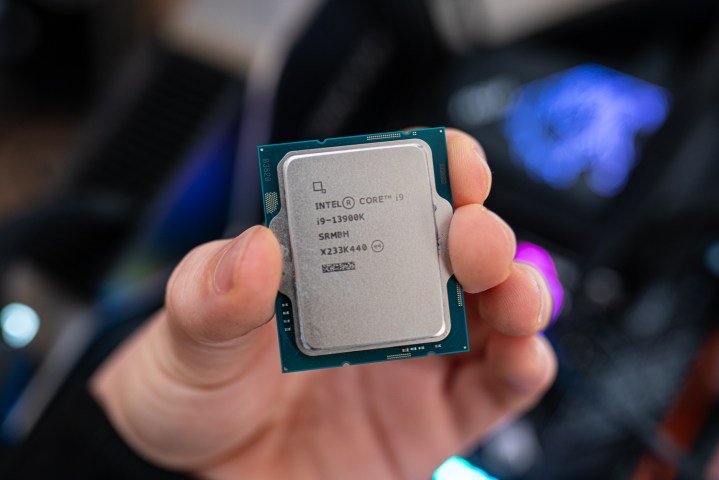We first reported on the Intel CPU instability issue in February 2024, and since then, Intel has offered various fixes that helped, but still failed to fix the problem once and for all. Now, it finally seems like the owners of Intel’s best CPUs might soon be able to rest easy. Intel has shared a new update that pinpoints the four causes of Raptor Lake problems and provides a fix.
Intel’s July update on the matter disclosed that the company was aware of issues within the microcode and that the problem was related to incorrect voltages. Today’s update breaks this down into four operating scenarios that can cause problems. Intel now refers to these long-lasting issues as the “Vmin Shift Instability.”
“Intel has localized the Vmin Shift Instability issue to a clock tree circuit within the IA core which is particularly vulnerable to reliability aging under elevated voltage and temperature. Intel has observed these conditions can lead to a duty cycle shift of the clocks and observed system instability,” said Thomas Hannaford in an Intel community post. Breaking it down into simpler terms, Intel has confirmed that increased voltage affects the stability of these processors, even if operating within warrantied voltages.

Intel’s already provided microcode updates for three out of the four identified root causes behind the Vmin Shift Instability. This includes:
- Some motherboards pushed the power delivery settings higher than what Intel recommended. This was addressed with Intel’s Baseline Profiles, which ended up being quite confusing.
- An eTVB (efficient thermal velocity boost) microcode algorithm allowed Intel CPUs to run at higher performance modes despite elevated temperatures, thus endangering the processor. A June 2024 BIOS update fixed this problem.
- Another microcode algorithm (serial voltage identification, or SVID) requested high voltages combined with just the right frequency and duration to make the CPU unstable. Intel addressed this in August.
- Finally, Intel reports that the microcode and the BIOS were requesting elevated core voltages, which caused the Vmin Shift Instability when the CPU was running light tasks or even was completely idle.
This final root cause of Vmin Shift is now being addressed by Intel. The company is releasing a microcode update, 0x12B, which includes the previous two updates and also fixes the elevated voltage requests. Depending on your motherboard vendor, you might have to wait — the update is being rolled out and it’ll probably take a little while for everyone’s BIOS updates to be up for grabs.
Intel assured that the new microcode shouldn’t have any impact on performance, citing internal benchmarks in tools like Cinebench R23 or Crossmark, as well as gaming tests in Cyberpunk 2077, Shadow of the Tomb Raider, and more. The company also reaffirmed that, despite previous reports, the Vmin Shift Instability doesn’t affect laptops and CPUs of other generations.
Is this really the end of unstable Intel CPUs? We’ll have to wait and see, but right now, Intel certainly appears to think so — and that’s great news for those who are using CPUs like the Core i9-14900K. It might finally be time to breathe a sigh of relief and keep an eye out for those microcode updates.




